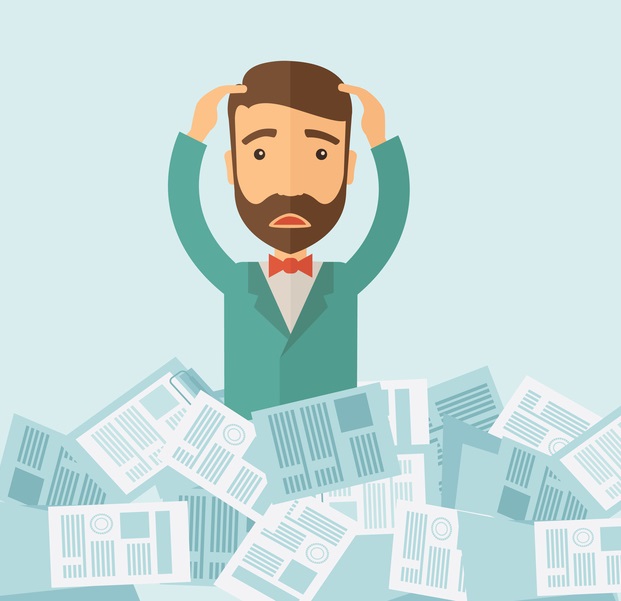- Home
- WELCOME TO THE NEWSROOM
- Managing Stress at work; how to work smarter and deal with stress
Managing Stress at work; how to work smarter and deal with stress
Written by Sanderson Recruitment | Blog | Candidates | Clients | Posted 24/11/2015 11:31:19

What makes you stressed? Could it be your daily commute? That big meeting you need to present at? We all get stressed at some point and it’s normal to occasionally worry about your workload. But when stress takes up more of your time than is normal, you may have a serious problem. In this blog we look at the impact of stress, how to avoid it and how to deal with it when it does happen.
“Stress is not an illness but if it becomes excessive or prolonged, mental and physical illness may develop.” That’s according to the Health and Safety Executive. Prolonged stress doesn’t just affect your mind-set, it can affect your whole body – from your skin, to your metabolism, your immune system and heart. This may explain why the total number of working days lost due to this condition in 2014/15 was 9.9 million and [accounts for] 43% of all working days lost due to ill health. Not only can stress impact on your professional performance, it can have a profound impact on your home life – so tackling it has its obvious benefits; from greater productivity to self-satisfaction, relaxation and overall quality of life improving as stress is decreased.
How can you avoid stress at work? There’s no catch-all solution to a stress free day in the office, and by no means a cure for eliminating stress altogether. But there are positive steps you can take on a day-to-day basis to ensure things don’t get on top of you. Working excessive overtime can lead to a lack of relaxation time and tip your work-life balance in the wrong direction. Also, a recent study by HR Magazine found that “34% of people check their email as soon as they wake up every day, 38% of people check their email after work at home every day and yet 46% felt that it was a task that detracted away from their more important work they needed to prioritise. Taking on too many tasks and needing to rely on working late to complete them can affect your mental wellbeing. Life coach Suzy Greaves says one of the key skills to managing workplace stress is knowing how to say no. She explains that “saying yes can win you brownie points in the short-term, but if you take on too much and fail to deliver, it can be a disastrous long-term strategy.”
All workplaces have their peaks-and-troughs and feeling the pressure when your workload is particularly intense is an inevitable part of working life. When you feel stressed for a period of time however; you need to take action. Below are just some of the tips that the British Heart Foundation suggest to reduce stress:
- Writing a diary to establish your stress triggers.
- Ensuring your current lifestyle and diet are healthy by cutting down on alcohol, cigarettes or comfort foods if these are you ‘go to’ items when you’re feeling the pressure.
- Setting aside time for relaxation or a hobby.
For more severe cases, or if you’ve been stressed for a long period of time it’s certainly worth sitting down with a manager to discuss your issues, researching what schemes the company offers as part of its CSR policy.
It’s evident that for as long as workplaces want their employees to work hard and meet targets and deadlines, there will be some degree of pressure. Pressure can be a great asset to productivity, but there is a point that both employees and employers need to recognise when that pressure is too high and having a detrimental effect on the business and, most importantly, its employees. Stress needs to be avoided, managed and prevented from the outset to ensure a flourishing professional and personal life at work.